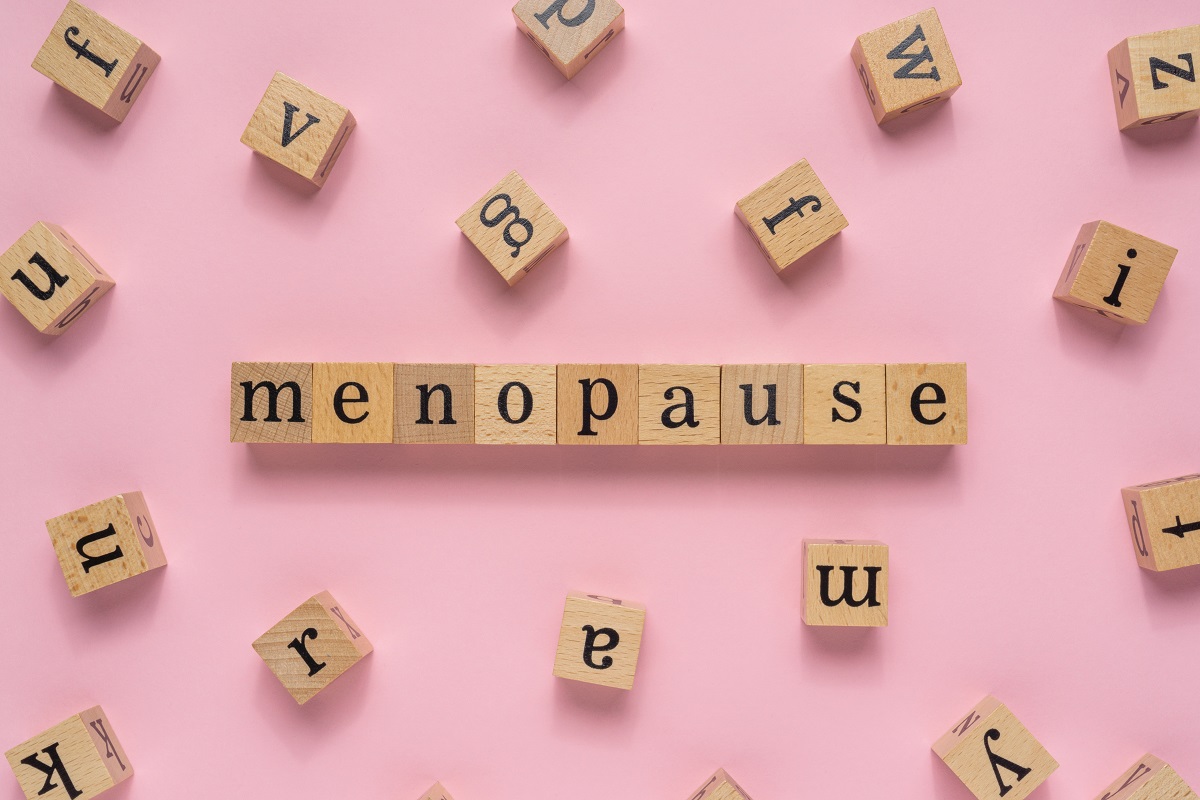Every woman at one point in their life will experience the natural phase of menopause. The age in which women experience it varies—and their symptoms can range from being slightly mild to incredibly severe. Nevertheless, here are a few key points you need to know about menopause.
What is menopause?
Menopause is the time in a woman’s life when her menstrual cycle ends. This is because at a certain age, dependent on the woman’s body, her ovaries are no longer producing the hormones estrogen and progesterone. This transition in a woman’s body will lead to fewer and more irregular periods, along with symptoms that come with this change.
The official diagnosis of menopause comes twelve months (or one full year) after her last period. This means the woman’s fertility chances ceases, thus signaling the end to her reproductive chances of getting pregnant naturally. The probability of getting pregnant after menopause without third-party help is incredibly slim, which is why many who have gone through menopause seek IVF treatment.
According to the U.S. Department of Health, the country’s average age in which women go through menopause is 52. Based on the findings of the World Health Organization, women globally will experience menopause naturally between the ages of 45 to 55. Though menopause can occur in women earlier in life or later.
Menopause has some uncomfortable symptoms attributed to it. On report of the Mayo Clinic, those symptoms can include:
- Vaginal dryness
- Irregular periods
- Hot flashes
- Chills
- Thinning hair
- Dry skin
- Night sweats
- Insomnia
- Changes in sex drive
- Mood changes
- Weight gain
- Loss of breast fullness
Perimenopause (Stage 1)
Perimenopause is categorized as the transitional start of menopause. According to Johns Hopkins Medical website, at this stage a woman’s body produces less estrogen and progesterone. In a woman’s reproductive years, her body produces both estrogen and progesterone, along with two other key hormones called follicle stimulating hormone (FSH) and luteinizing hormone (LH).
When her body’s production of estrogen and progesterone diminishes, the fluctuation of hormones causes her body to react with night sweats or even hot flashes. The woman’s periods also become irregular. Most of the time their menstrual cycle becomes less frequent, until eventually they stop. It is important to note you can still get pregnant at this stage of menopause.
Menopause (Stage 2)
If a woman has not had a period twelve months in a row, then she has officially reached the true stage of menopause. The body’s production of FSH and LH will continue to be high, however with lack of estrogen and progesterone there is no chance of ovulation. Unlike the stage of perimenopause, there is no chance a woman can get pregnant at this stage ever again.
If a woman has her ovaries removed or a full hysterectomy, then her body will immediately experience menopause. This is because the ovaries produce estrogen and progesterone, so unless the woman is taking hormones her body will go through menopause without experiencing perimenopause first.
Postmenopause (Stage 3)
After more than twelve months with no menstrual cycle have passed with menopause, that moment forward a woman is categorized as being in the postmenopausal stage. She will be at this stage for the rest of her life.
Many of the symptoms felt during perimenopause and menopause gradually diminish over time. However, women at this stage are most vulnerable to several health conditions. Because estrogen helps protect the body against strokes, heart disease, and heart attacks, women in their postmenopausal stage are more likely to get cardiovascular disease.
Likewise, because of the lack of estrogen in the body, postmenopausal women are at high risk of getting osteoporosis. This is why it is important for women to continuously exercise, consume more vitamin D and calcium, and routinely see their doctor.
Conclusion
Menopause is a transitional part of a woman’s life. Her body, mind, and perspective simultaneously shift together to adapt into this new chapter. Individual characteristics and genetics will vary, so every woman’s specific journey through menopause will vary. Some will be lucky enough to experience mild symptoms, while others experience more severe symptoms. This is why women going through it should continue to take care of themselves and consult with their doctor.

